Welcome!

My name is Dr. Matthew Bowser. I am a historian of imperialism & colonialism and an Assistant Professor of Asian History at Alabama A&M University. My research examines the intersections of imperialism with race, nationalism, and capitalism in the twentieth century.
I am currently in the process of publishing my first book, Containing decolonisation, which traces the rise of anti-Muslim racism in late colonial Burma and examines the origins of the present-day military junta and Rohingya genocide (See B O O K). For more on my professional qualifications and activities, see my Curriculum Vitae.
In May 2020, I received my PhD in Modern World History from Northeastern University. Previously, I attended the University of Pittsburgh for a 2013 BPhil in History and Classics and Northeastern for a 2018 MA in World History. Presently, I am teaching on Asian History as an Assistant Professor at Alabama A&M University (see Teaching). I was a 2019-2020 Fellow of the interdisciplinary Humanities Center Fellowship at Northeastern University, and have received research grants from the Inya Institute, the Council of American Overseas Research Centers (CAORC), and the Northeastern University Provost’s Office, Department of History, and Asian Studies Program. This funding has brought me to archives in London, Washington DC, Yangon, and New Delhi.
My research experience includes the digital humanities and public history through working as a research assistant for the Birth of Boston and Women Writers’ Projects at the NULab for Texts, Maps, and Networks. I am also a founding member of the Breaking History Podcast, where graduate students and scholars can share their research for their peers and for the general public (see Research and Digital Humanities).
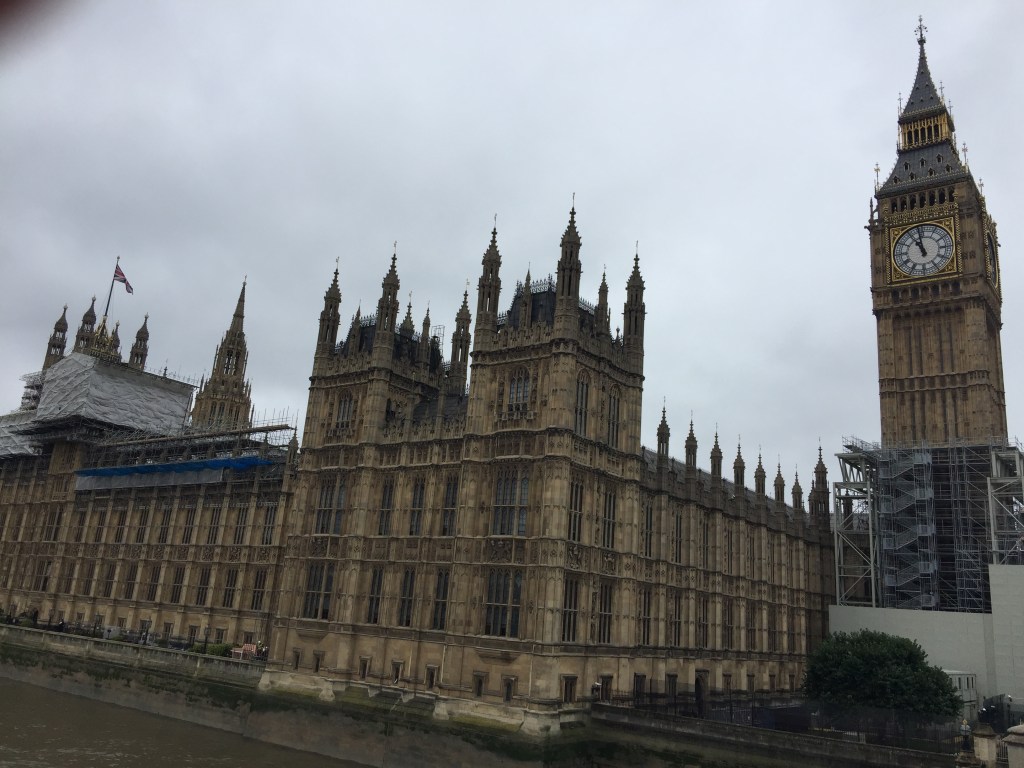
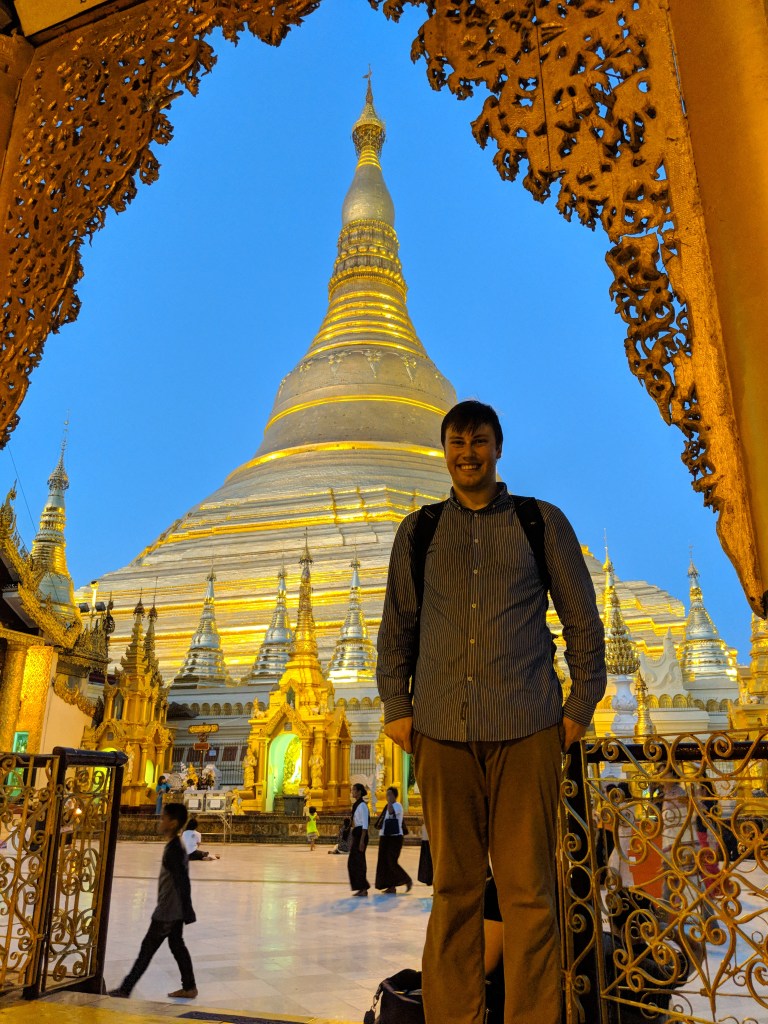
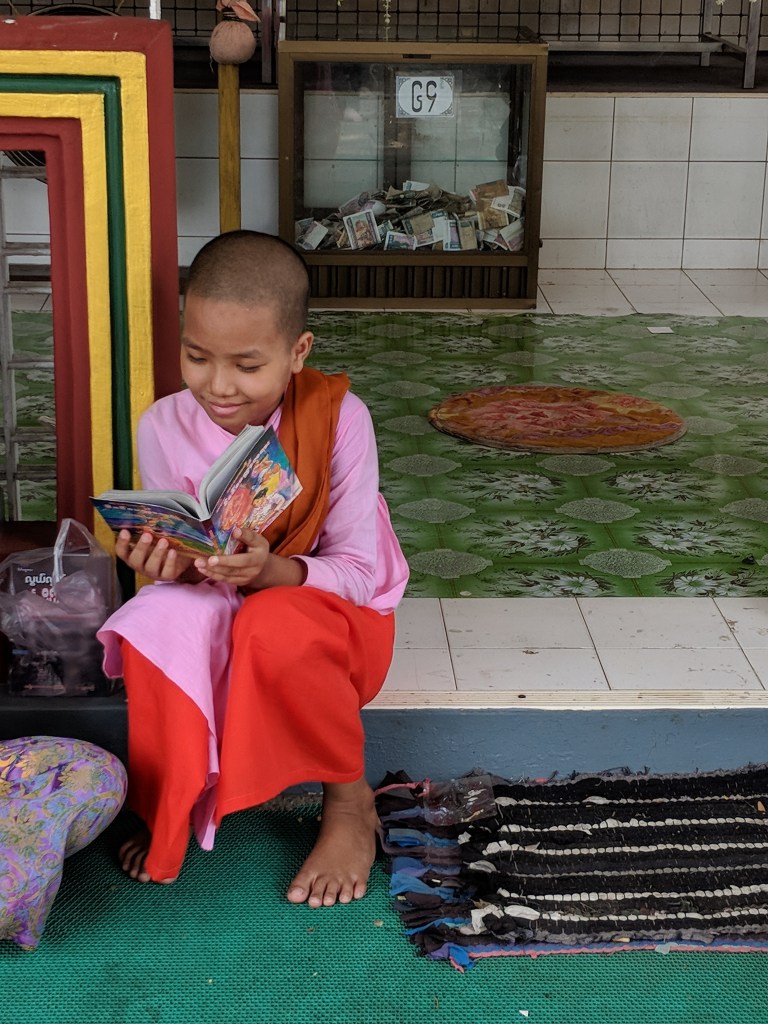
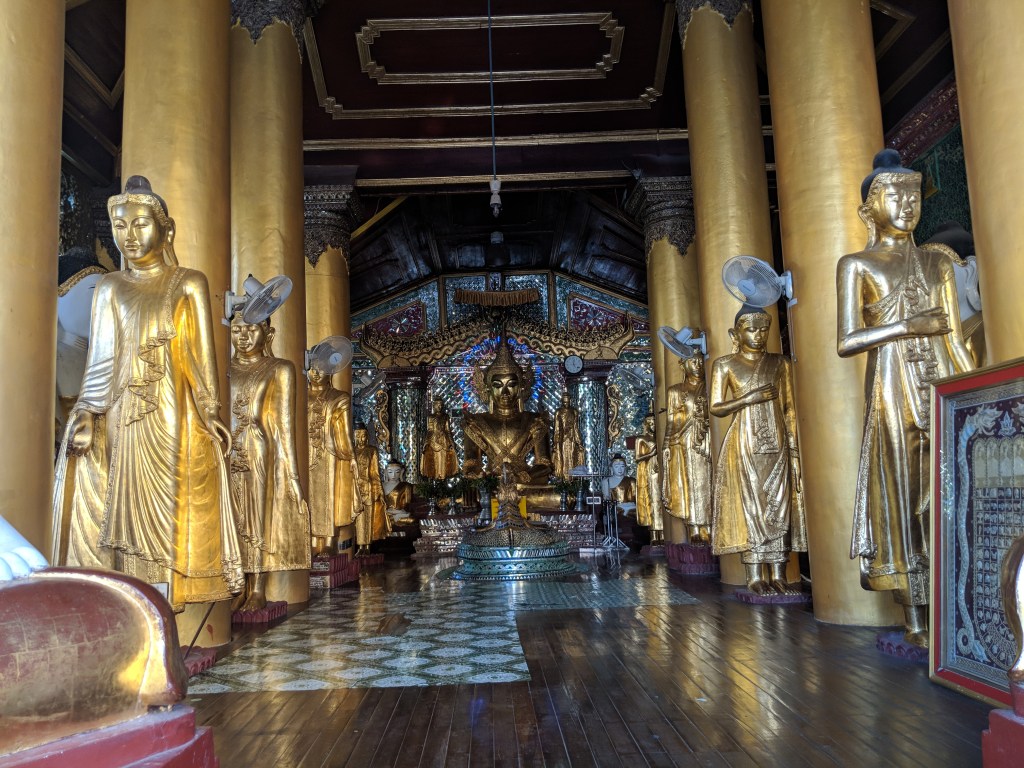
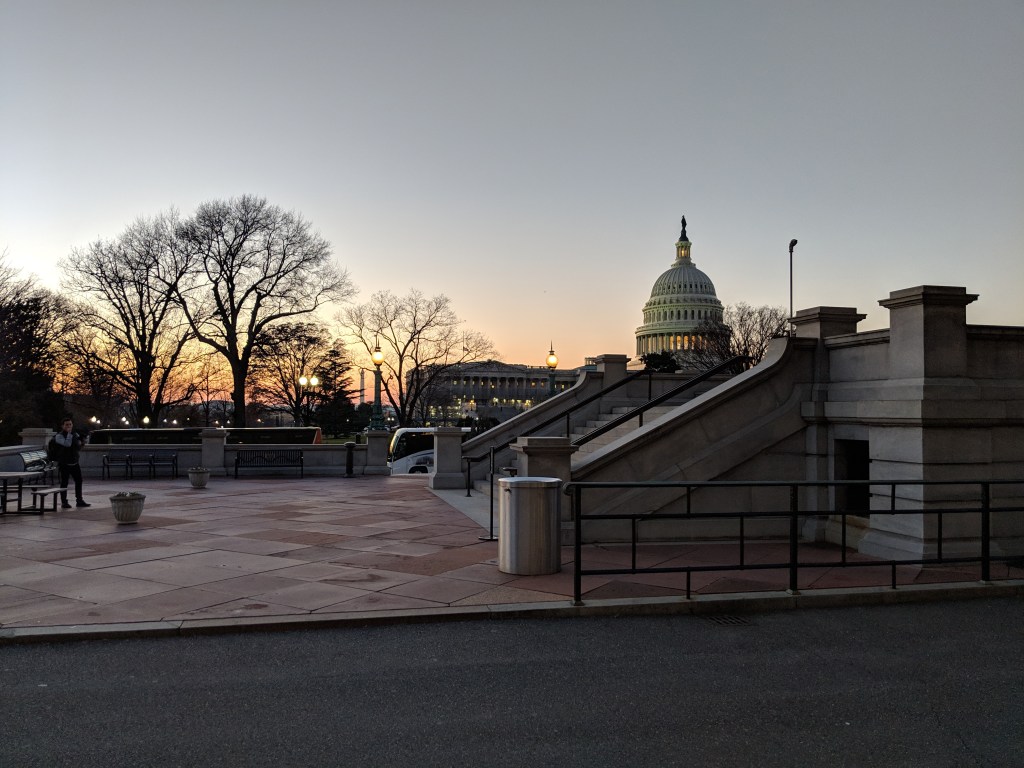

My Research
My current project, Containing decolonisation: British imperialism and the politics of race in late colonial Burma, is a case study that studies the rise of a Burmese politics of race. It argues that – as the rise of a powerful Burmese anti-colonial movement in the 1930s and 1940s made it increasingly clear that colonialism in Burma would eventually end – British colonial officials in London and on-the-spot formed a tacit preference for Burmese ethnonationalism in order to contain the more revolutionary trends within Burmese politics. This ethnonationalist movement blamed the Muslim and diasporic South Asian communities of Burma for the socioeconomic crisis caused by colonial capitalist economics and the Global Great Depression. Serving as a case study for what kinds of subversion challenge authority and what kinds uphold it, it demonstrates that British colonial officials amplified ethnonationalist politics while suppressing revolutionary politics in Burma. This research provides valuable, generalizable insights into how ruling classes react to crises in the modern world, providing a template for understanding the ethnonationalist resurgence worldwide today.
This research has materialized as three research articles at top-tier journals in my fields (imperialism studies and modern Asian studies):
“The Rohingya and Arakan: Decolonization at the Margins of Empire” Journal of Asian Studies [Accepted and Awaiting Publication], Lead Article for the Forum: “Reforging an Arena: Bengal, Burma, and Northeast India at the Margins of Empire”
“‘Buddhism Has Been Insulted, Take Immediate Steps:’ Burmese Fascism and the Origins of Burmese Islamophobia, 1936-1938” Journal of Modern Asian Studies 55, 4. Pp. 1112-1150.
http://dx.doi.org/10.1017/S0026749X20000323.
“Partners in Empire? Co-Colonialism and the Rise of Anti-Indian Nationalism in Burma, 1930-1938” Journal of Imperial and Commonwealth History 49, 1. Pp. 118-147. https://www.tandfonline.com/doi/abs/10.1080/03086534.2020.1783113
And as public-facing research summaries for the American Historical Association:
“Misdirected Rage: The Socioeconomic Roots of Burmese Islamophobia,” Perspectives on History. August 2018.
“Origins of an Atrocity: Tracing the Roots of Islamophobia in Myanmar,” Perspectives on History. June 2018.
Future Projects
My next project would expand my original case study by doing a comparative analysis of decolonization in Burma, Malaya, and the Philippines. By comparing the three, my work will provide a comparative and global perspective to emphasize how colonial powers, both British and American, worked to shape decolonization in their favor.